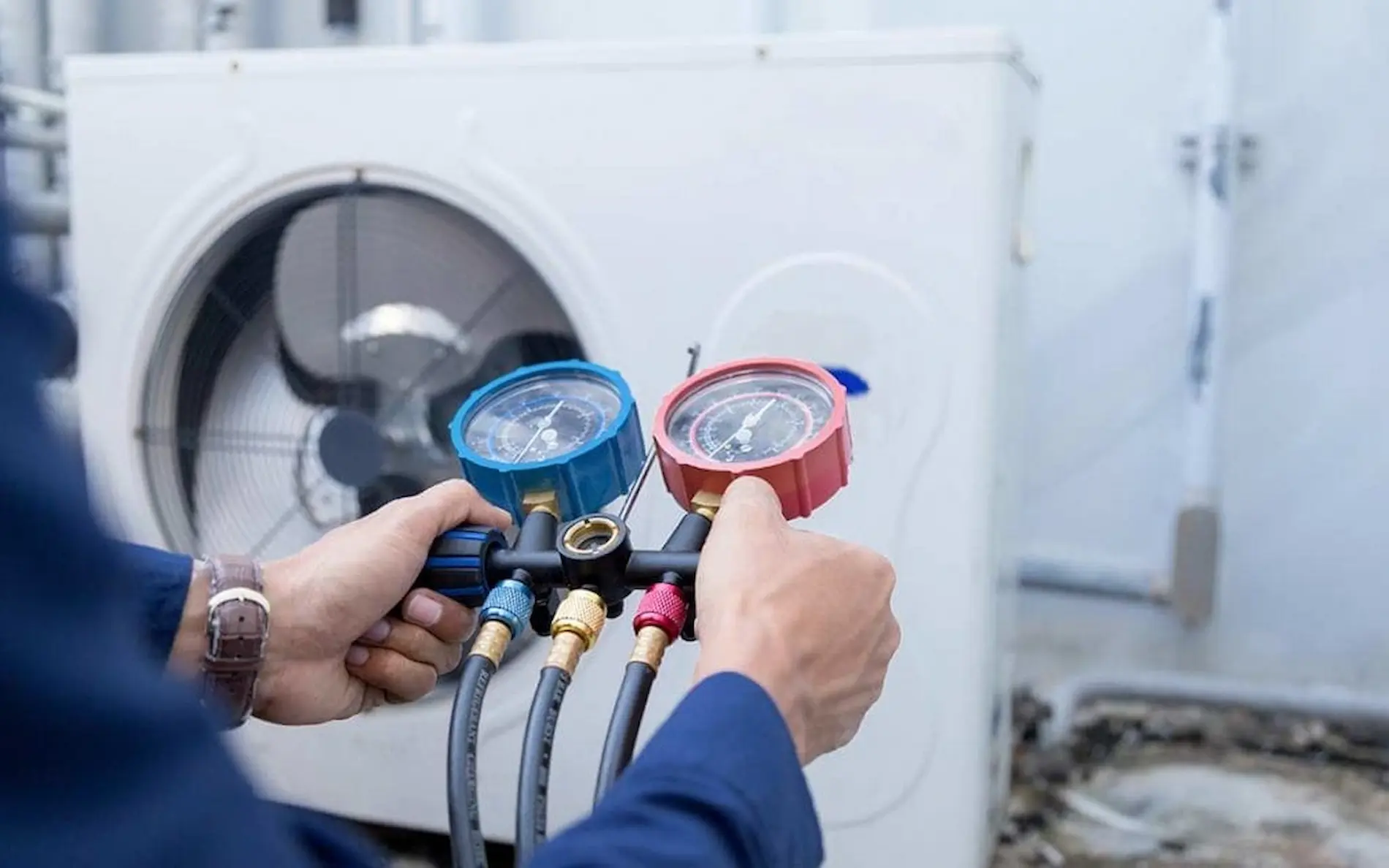4.8

Water Softener Problems Des Moines | Lazer Home Services
Water softeners play a key role in keeping your home’s plumbing system efficient and your appliances running smoothly. In Des Moines, where hard water is common, these systems help remove minerals like calcium and magnesium that can clog pipes, stain fixtures, and shorten the lifespan of your water heater or washing machine. But if you’re dealing with water softener problems Des Moines homeowners often face, such as reduced water pressure, salty-tasting water, or system failure, it may be time for a professional inspection.
If you’ve noticed hard water stains coming back or your skin feels dry after showering, there could be a problem with your water softener. Many homeowners across Des Moines face similar issues, often without realizing how easily these problems can be solved. At Lazer Home Services, we help residents identify and fix common water softener issues before they turn into costly plumbing repairs or appliance damage.
Why Water Softeners Are Essential in Des Moines
Des Moines is known for having moderately hard to very hard water. That means there are high levels of dissolved minerals in your tap water. These minerals may not be harmful to your health, but they are tough on your pipes, appliances, and skin. Over time, mineral buildup can cause your water heater to work harder, your dishes to come out with spots, and your shower heads to clog more quickly.
A properly working water softener removes these minerals, softens your water, and helps protect your entire plumbing system. But like any other appliance in your home, your softener can wear down or malfunction over time. That’s why understanding the most common water softener problems and knowing when to call for help is important for every Des Moines homeowner.
Signs Your Water Softener Isn’t Working Properly
The most obvious sign of a water softener problem is the return of hard water symptoms. This may include soap not lathering, cloudy glassware, chalky white residue on faucets, or even dry and itchy skin after bathing. If you’ve had your softener for years and suddenly notice these issues again, it could mean your system is no longer removing minerals effectively.
Some other warning signs include unusual noises coming from the softener unit, water that feels slimy or overly soft, or a unit that appears to be stuck in regeneration mode. These may seem like minor annoyances at first, but they often point to deeper issues that need professional attention.
Salt Bridges and Salt Mushing
One of the most frequent problems with water softeners is salt buildup. Salt bridging happens when a hard crust forms inside the brine tank, creating a false bottom that prevents salt from dissolving properly. As a result, the softener isn’t able to regenerate effectively, and your water stays hard even though you’re adding salt regularly.
Salt mushing is similar but more serious: it involves dissolved salt recrystallizing into a thick sludge that clogs the tank and lines. Both problems reduce the effectiveness of your water softener and can be difficult to fix without the right tools. At Lazer Home Services, we offer expert water softener repair services to clean, reset, and restore your system back to full function.
Resin Bead Breakdown and Mineral Fouling
Inside your softener’s tank are tiny resin beads that capture hard water minerals. Over time, these beads can become worn out, especially if your water contains high levels of iron or chlorine. When this happens, the system may begin to lose efficiency, and you may notice your water getting harder again even though the softener is running.
Sometimes the beads can become fouled or coated in minerals, reducing their ability to trap calcium and magnesium. If your water softener has been in use for more than 10 years, or if you haven’t had it cleaned in a while, this could be a likely cause. Replacing the resin or cleaning the system thoroughly is often the best solution.
Electrical or Timer Malfunctions
Water softeners rely on a control valve and timer to regenerate at regular intervals. If the timer stops working or the system loses power, it may skip regeneration cycles or run them at the wrong time. This can lead to poor water softening and wasted salt.
In some cases, the digital display may stop responding, or the settings might reset on their own. These issues can usually be fixed by replacing the timer or control unit, but it’s important to have a professional assess the full system first to rule out deeper electrical faults.
Our team at Lazer Home Services is trained to work on all makes and models of softeners and can troubleshoot both mechanical and electronic issues quickly and accurately.
Water Softener Stuck in Regeneration Cycle
Regeneration is the process that flushes out the minerals collected by the resin beads and resets the softener for continued use. It’s an automatic cycle that typically runs overnight. However, if the softener gets stuck in regeneration mode, it can waste water, drain continuously, and leave you with untreated water.
This issue often stems from a faulty valve, clogged injector, or damaged motor. A stuck regeneration cycle can also mean your softener is overdue for maintenance. If your unit seems to run nonstop or you hear it making noise hours after it starts, it’s time to get it checked.
We specialize in diagnosing and resolving regeneration problems and we always explain the issue clearly so you understand what needs fixing.
Water Leaks Around the Softener Unit
Another common complaint among Des Moines homeowners is water pooling around the base of the water softener. This can be caused by loose fittings, cracked tanks, or a failing seal within the valve head. In many cases, these leaks start small and are easy to miss especially if your unit is in a basement or utility closet.
Ignoring these leaks can lead to water damage, mold growth, or rusted flooring. If your water softener is leaking, it’s important to shut it off and schedule an inspection immediately. Our team provides fast response and reliable repairs to get your system sealed and running again.
When Replacement Is Better Than Repair
Water softeners typically last between 10 and 15 years. If your unit is older, has repeated issues, or no longer regenerates effectively even after repairs, it may be time to consider replacing it. Today’s modern systems are more energy-efficient, easier to maintain, and better at handling high mineral content.
We offer professional water softener installation across Des Moines, helping you choose the right size and model for your home. We remove the old unit, install the new one, and make sure everything is connected and tested before we leave.
Regular Maintenance Prevents Most Problems
Just like your HVAC system or plumbing, your water softener needs regular maintenance to perform at its best. This includes checking the salt level, cleaning the brine tank, inspecting the resin bed, and verifying that the timer and valve are working correctly.
Our team offers routine service calls and maintenance plans that help prevent many of the problems mentioned above. We’ll keep your system running smoothly, reduce the chance of breakdowns, and help you avoid costly emergency repairs.
If you’re interested in learning more about how to prevent issues, visit our homepage or reach out for a personalized maintenance plan.
Ready to Fix or Replace Your Water Softener?
Water softener problems can sneak up on you but once you know what to look for, the warning signs become clear. Whether it’s cloudy dishes, itchy skin, salt bridging, or regeneration issues, Lazer Home Services is here to help. We’ve been serving Des Moines homeowners for years, offering honest service, experienced technicians, and solutions that last.
If your softener is no longer doing its job, don’t wait for the problem to get worse. Contact us today to schedule a water softener inspection and get your system back in shape.
We also encourage you to check out our current offers you may qualify for a discount on repair or replacement services.
Common Water Softener Problems Des Moines Homeowners Face
Water softeners play a key role in keeping your home’s plumbing system efficient and your appliances running smoothly. In Des Moines, where hard water is common, water softeners help remove minerals like calcium and magnesium that can clog pipes, stain fixtures, and reduce the lifespan of your water heater or washing machine. But what happens when your water softener stops working the way it should?
If you’ve noticed hard water stains coming back or your skin feels dry after showering, there could be a problem with your water softener. Many homeowners across Des Moines face similar issues, often without realizing how easily these problems can be solved. At Lazer Home Services, we help residents identify and fix common water softener issues before they turn into costly plumbing repairs or appliance damage.
Why Water Softeners Are Essential in Des Moines
Des Moines is known for having moderately hard to very hard water. That means there are high levels of dissolved minerals in your tap water. These minerals may not be harmful to your health, but they are tough on your pipes, appliances, and skin. Over time, mineral buildup can cause your water heater to work harder, your dishes to come out with spots, and your shower heads to clog more quickly.
A properly working water softener removes these minerals, softens your water, and helps protect your entire plumbing system. But like any other appliance in your home, your softener can wear down or malfunction over time. That’s why understanding the most common water softener problems and knowing when to call for help is important for every Des Moines homeowner.
Signs Your Water Softener Isn’t Working Properly
The most obvious sign of a water softener problem is the return of hard water symptoms. This may include soap not lathering, cloudy glassware, chalky white residue on faucets, or even dry and itchy skin after bathing. If you’ve had your softener for years and suddenly notice these issues again, it could mean your system is no longer removing minerals effectively.
Some other warning signs include unusual noises coming from the softener unit, water that feels slimy or overly soft, or a unit that appears to be stuck in regeneration mode. These may seem like minor annoyances at first, but they often point to deeper issues that need professional attention.
Salt Bridges and Salt Mushing
One of the most frequent problems with water softeners is salt buildup. Salt bridging happens when a hard crust forms inside the brine tank, creating a false bottom that prevents salt from dissolving properly. As a result, the softener isn’t able to regenerate effectively, and your water stays hard even though you’re adding salt regularly.
Salt mushing is similar but more serious: it involves dissolved salt recrystallizing into a thick sludge that clogs the tank and lines. Both problems reduce the effectiveness of your water softener and can be difficult to fix without the right tools. At Lazer Home Services, we offer expert water softener repair services to clean, reset, and restore your system back to full function.
Resin Bead Breakdown and Mineral Fouling
Inside your softener’s tank are tiny resin beads that capture hard water minerals. Over time, these beads can become worn out, especially if your water contains high levels of iron or chlorine. When this happens, the system may begin to lose efficiency, and you may notice your water getting harder again even though the softener is running.
Sometimes the beads can become fouled or coated in minerals, reducing their ability to trap calcium and magnesium. If your water softener has been in use for more than 10 years, or if you haven’t had it cleaned in a while, this could be a likely cause. Replacing the resin or cleaning the system thoroughly is often the best solution.
Electrical or Timer Malfunctions
Water softeners rely on a control valve and timer to regenerate at regular intervals. If the timer stops working or the system loses power, it may skip regeneration cycles or run them at the wrong time. This can lead to poor water softening and wasted salt.
In some cases, the digital display may stop responding, or the settings might reset on their own. These issues can usually be fixed by replacing the timer or control unit, but it’s important to have a professional assess the full system first to rule out deeper electrical faults.
Our team at Lazer Home Services is trained to work on all makes and models of softeners and can troubleshoot both mechanical and electronic issues quickly and accurately.
Water Softener Stuck in Regeneration Cycle
Regeneration is the process that flushes out the minerals collected by the resin beads and resets the softener for continued use. It’s an automatic cycle that typically runs overnight. However, if the softener gets stuck in regeneration mode, it can waste water, drain continuously, and leave you with untreated water.
This issue often stems from a faulty valve, clogged injector, or damaged motor. A stuck regeneration cycle can also mean your softener is overdue for maintenance. If your unit seems to run nonstop or you hear it making noise hours after it starts, it’s time to get it checked.
We specialize in diagnosing and resolving regeneration problems and we always explain the issue clearly so you understand what needs fixing.
Water Leaks Around the Softener Unit
Another common complaint among Des Moines homeowners is water pooling around the base of the water softener. This can be caused by loose fittings, cracked tanks, or a failing seal within the valve head. In many cases, these leaks start small and are easy to miss especially if your unit is in a basement or utility closet.
Ignoring these leaks can lead to water damage, mold growth, or rusted flooring. If your water softener is leaking, it’s important to shut it off and schedule an inspection immediately. Our team provides fast response and reliable repairs to get your system sealed and running again.
When Replacement Is Better Than Repair
Water softeners typically last between 10 and 15 years. If your unit is older, has repeated issues, or no longer regenerates effectively even after repairs, it may be time to consider replacing it. Today’s modern systems are more energy-efficient, easier to maintain, and better at handling high mineral content.
We offer professional water softener installation across Des Moines, helping you choose the right size and model for your home. We remove the old unit, install the new one, and make sure everything is connected and tested before we leave.
Regular Maintenance Prevents Most Problems
Just like your HVAC system or plumbing, your water softener needs regular maintenance to perform at its best. This includes checking the salt level, cleaning the brine tank, inspecting the resin bed, and verifying that the timer and valve are working correctly.
Our team offers routine service calls and maintenance plans that help prevent many of the problems mentioned above. We’ll keep your system running smoothly, reduce the chance of breakdowns, and help you avoid costly emergency repairs.
If you’re interested in learning more about how to prevent issues, visit our homepage or reach out for a personalized maintenance plan.
Ready to Fix or Replace Your Water Softener?
Water softener problems can sneak up on you but once you know what to look for, the warning signs become clear. Whether it’s cloudy dishes, itchy skin, salt bridging, or regeneration issues, Lazer Home Services is here to help. We’ve been serving Des Moines homeowners for years, offering honest service, experienced technicians, and solutions that last.
If your softener is no longer doing its job, don’t wait for the problem to get worse. Contact us today to schedule a water softener inspection and get your system back in shape.
We also encourage you to check out our current offers you may qualify for a discount on repair or replacement services.
Conclusion: Solve Your Water Softener Issues Before They Grow
A water softener is one of the most valuable systems in your home, especially here in Des Moines where hard water is a common concern. But when it stops working properly, the signs may appear gradually: cloudy glassware, itchy skin, or calcium buildup around your faucets. Knowing how to recognize and respond to the most common water softener problems can save you time, money, and frustration in the long run.
Whether you’re dealing with salt bridging, regeneration problems, or a softener that simply isn’t softening anymore, it’s best to take action early. At Lazer Home Services, we’re here to help with trusted repairs, replacements, and honest guidance. We know the Des Moines water systems inside and out and are ready to make sure your home stays protected from hard water damage.
Why Choose Lazer Home Services for Water Softener Help in Des Moines?
Des Moines homeowners continue to choose Lazer Home Services because we combine technical expertise with a genuine commitment to customer care. Our plumbers don’t just fix the problem, they take the time to explain what’s happening and recommend the most effective solution for your specific system. Every technician on our team is licensed, trained, and backed by years of experience working with softeners in Iowa homes. We show up on time, treat your home with respect, and complete every job to the highest standards. Whether you need a quick repair, a full system upgrade, or a second opinion, we approach each job with honesty, professionalism, and long-term reliability in mind. When you call us, you’re choosing peace of mind from a team that genuinely cares about your water quality and your satisfaction.
Frequently Asked Questions (FAQ)
What are the most common water softener problems?
In Des Moines, the most common water softener problems include salt bridging, stuck regeneration cycles, resin bead degradation, leaking tanks, and faulty timers. These issues can cause hard water symptoms to return and reduce your system’s efficiency.
How do I know if my water softener is failing?
You may notice signs like water spots on dishes, itchy skin after showering, or poor soap lather. The unit may also make strange noises, run constantly, or stop using salt. If you spot these signs, it’s time for a professional inspection.
Can a water softener be repaired or should it be replaced?
Many problems, like salt bridges or clogged lines, can be repaired easily. However, if your system is over 10–15 years old or continues to have issues after multiple repairs, replacement may be the better long-term option.
How often should my water softener be serviced?
We recommend professional service once a year to keep your softener running smoothly. Regular maintenance can help detect early signs of wear and extend the life of your system.
Do you offer installation and replacement services?
Yes, we offer full water softener installation services across Des Moines. We’ll help you choose the right system, remove the old one, and install the new unit with precision and care.
Recent News
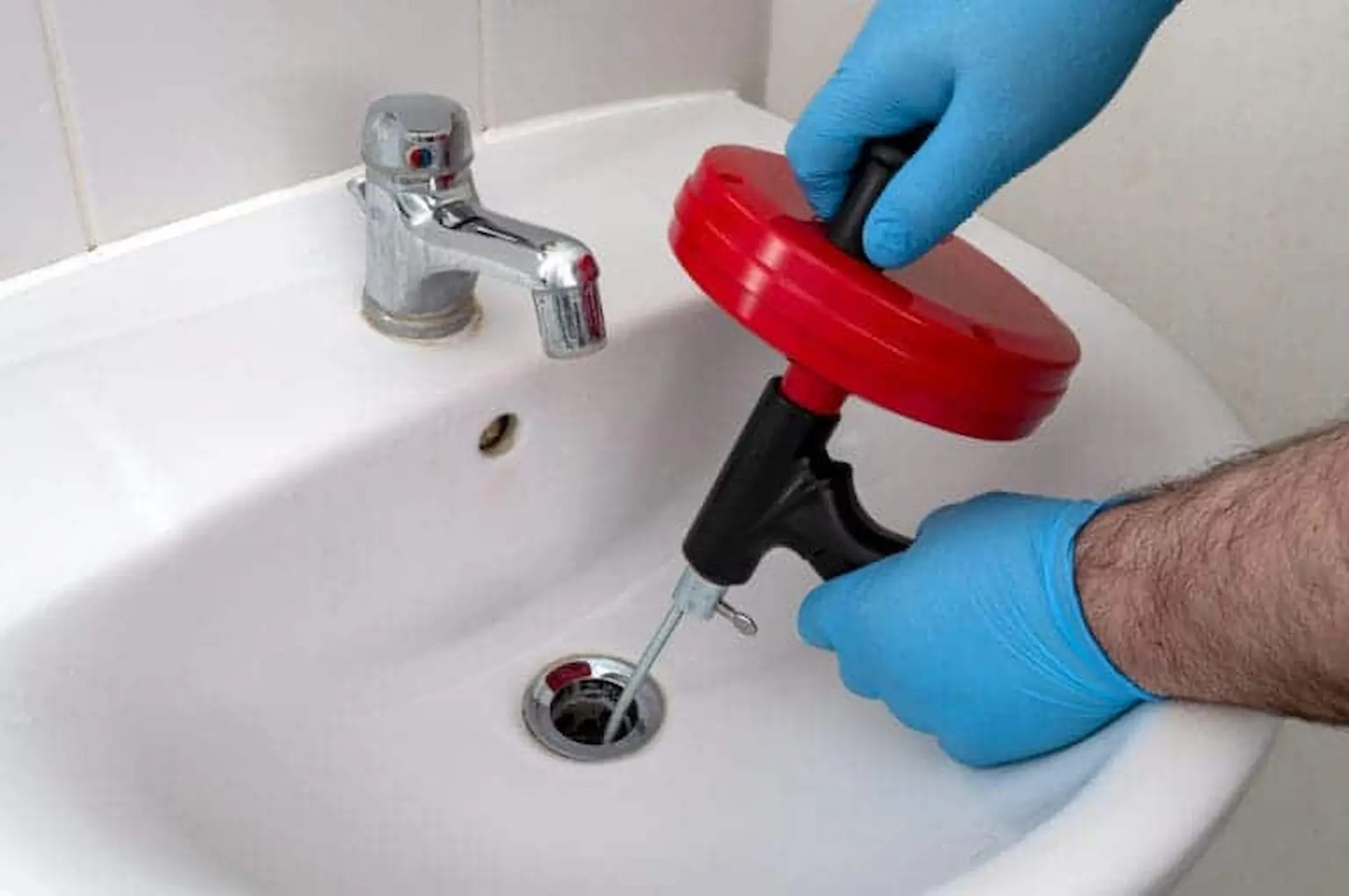
Residential Drain Cleaning in Des Moines | Lazer Home Services
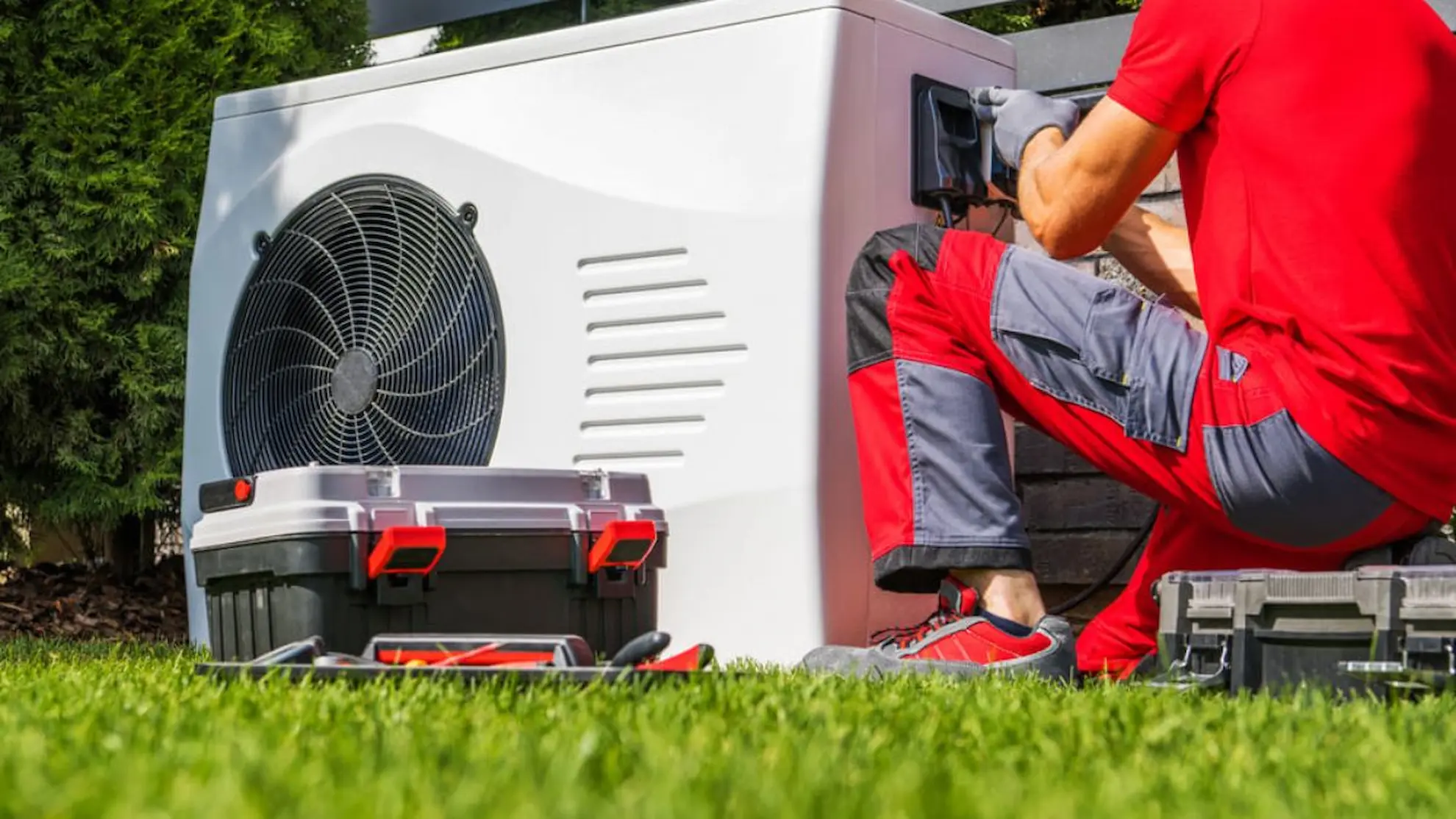
Heat Pump Repair and Installation Solutions in Des Moines.

How to Detect Hidden Pipe Leaks | Lazer Home Services
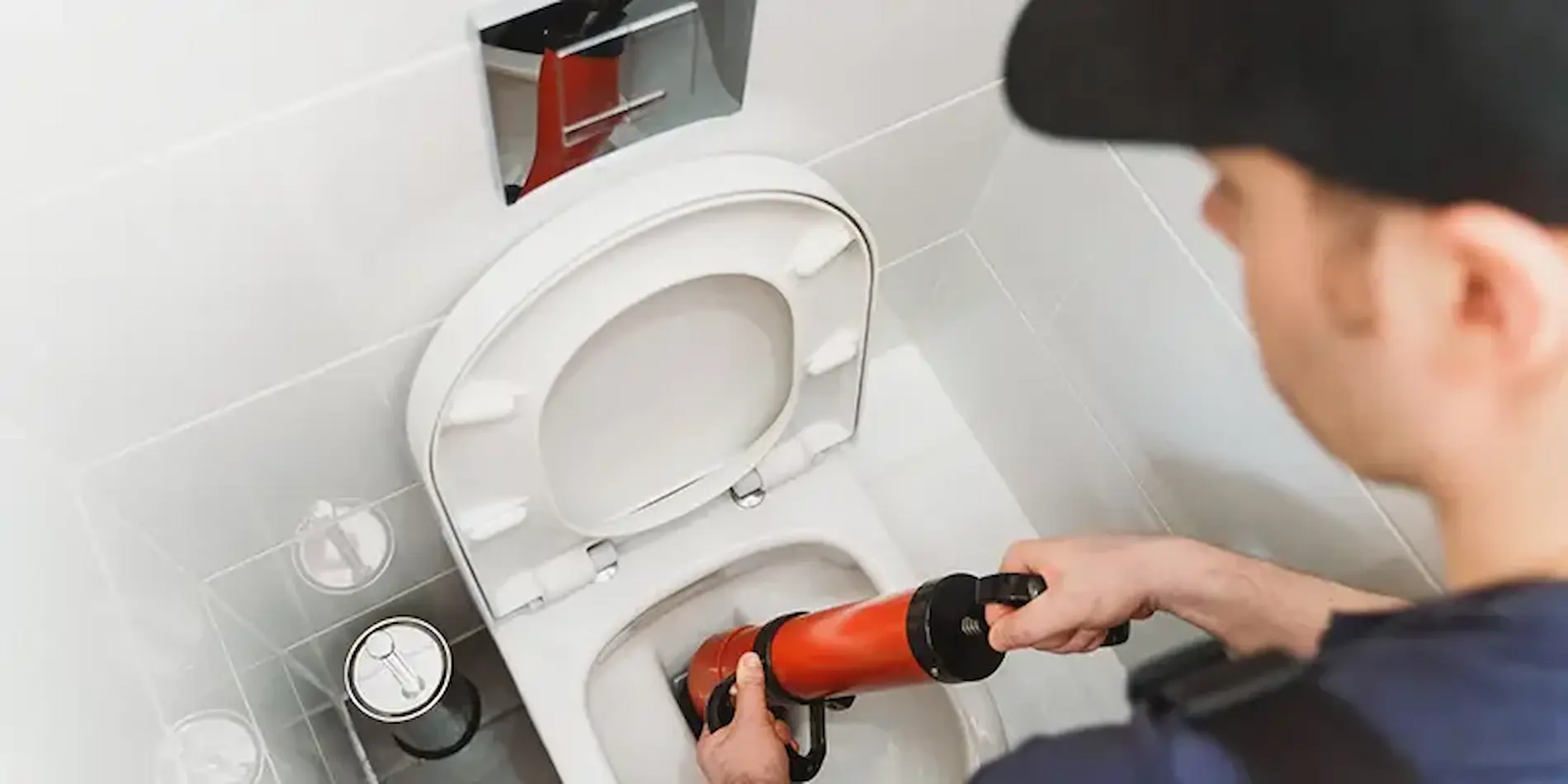
5 Early Warning Signs Your Home Plumbing Needs Urgent Attention
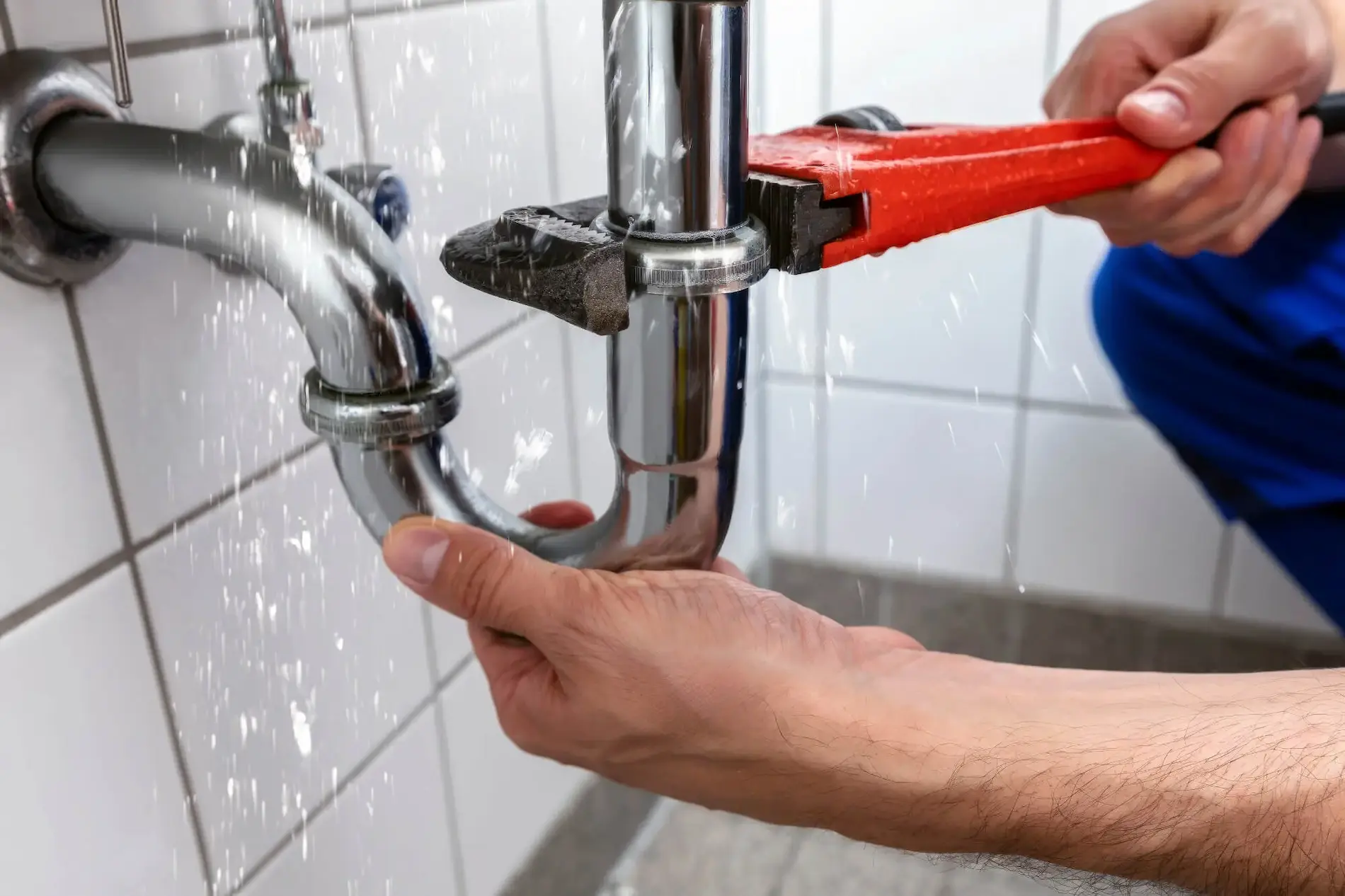
Plumbing Maintenance Checklist Des Moines | Lazer Home Services
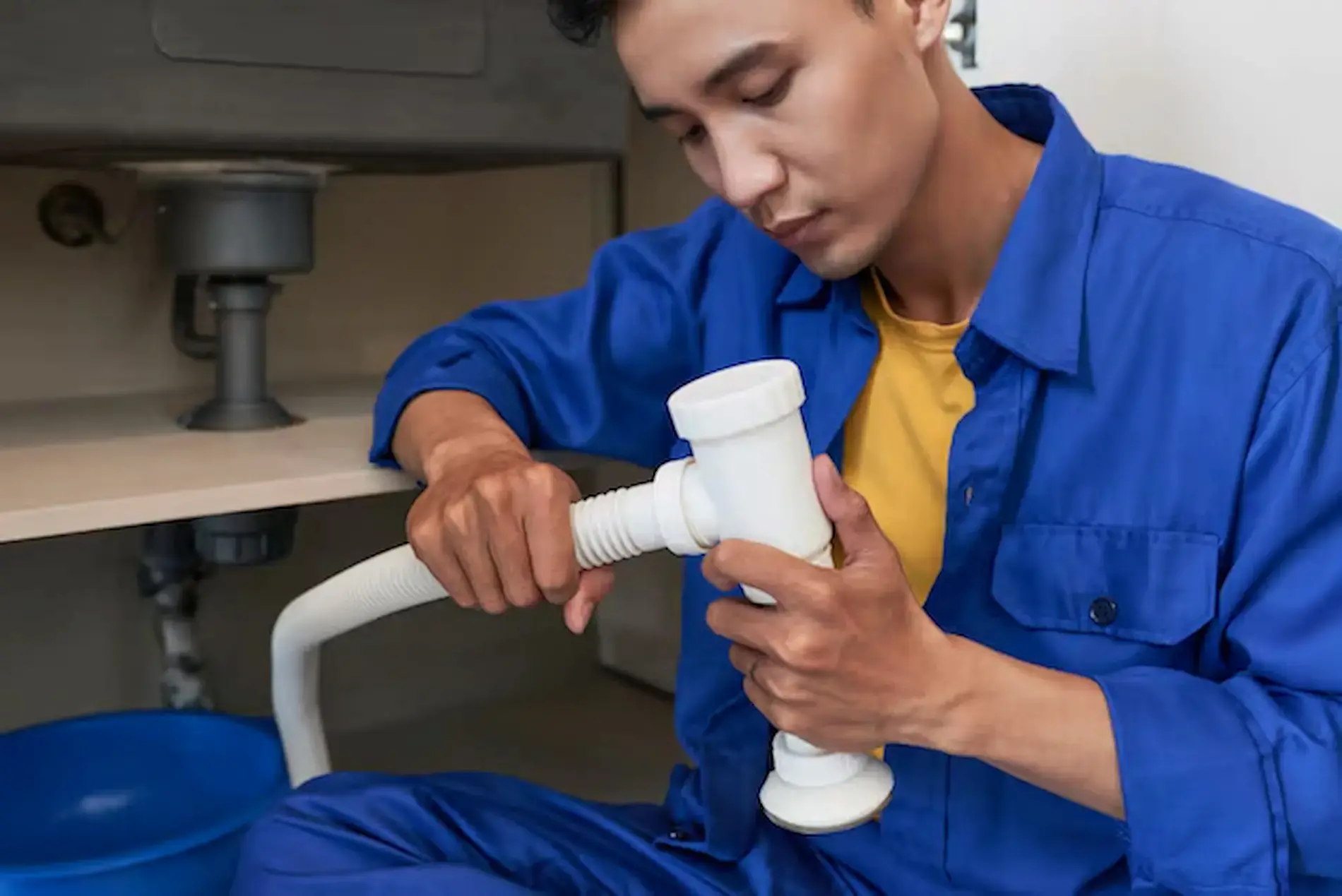
Leak Detection and Repair in Des Moines | Lazer Home Services
